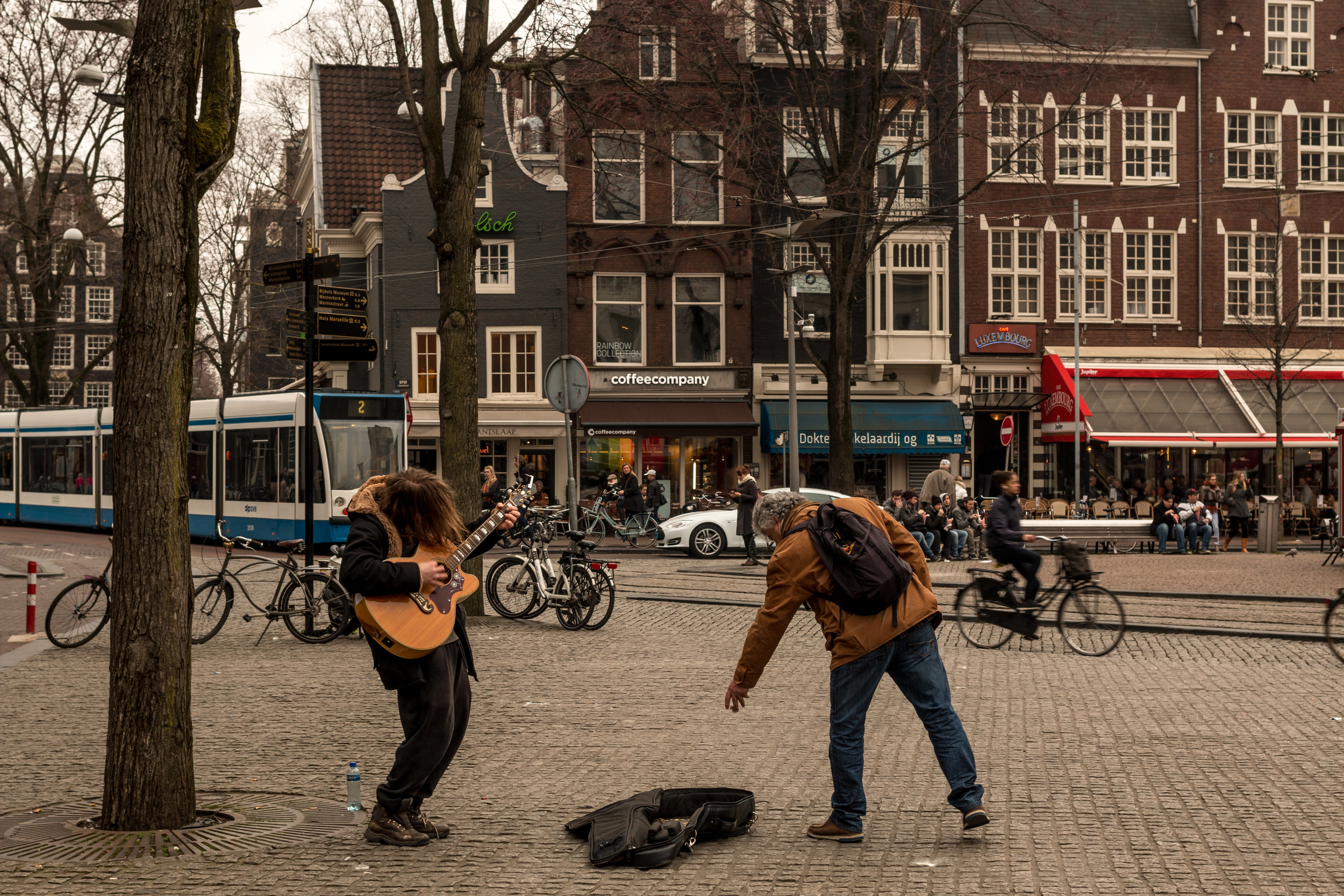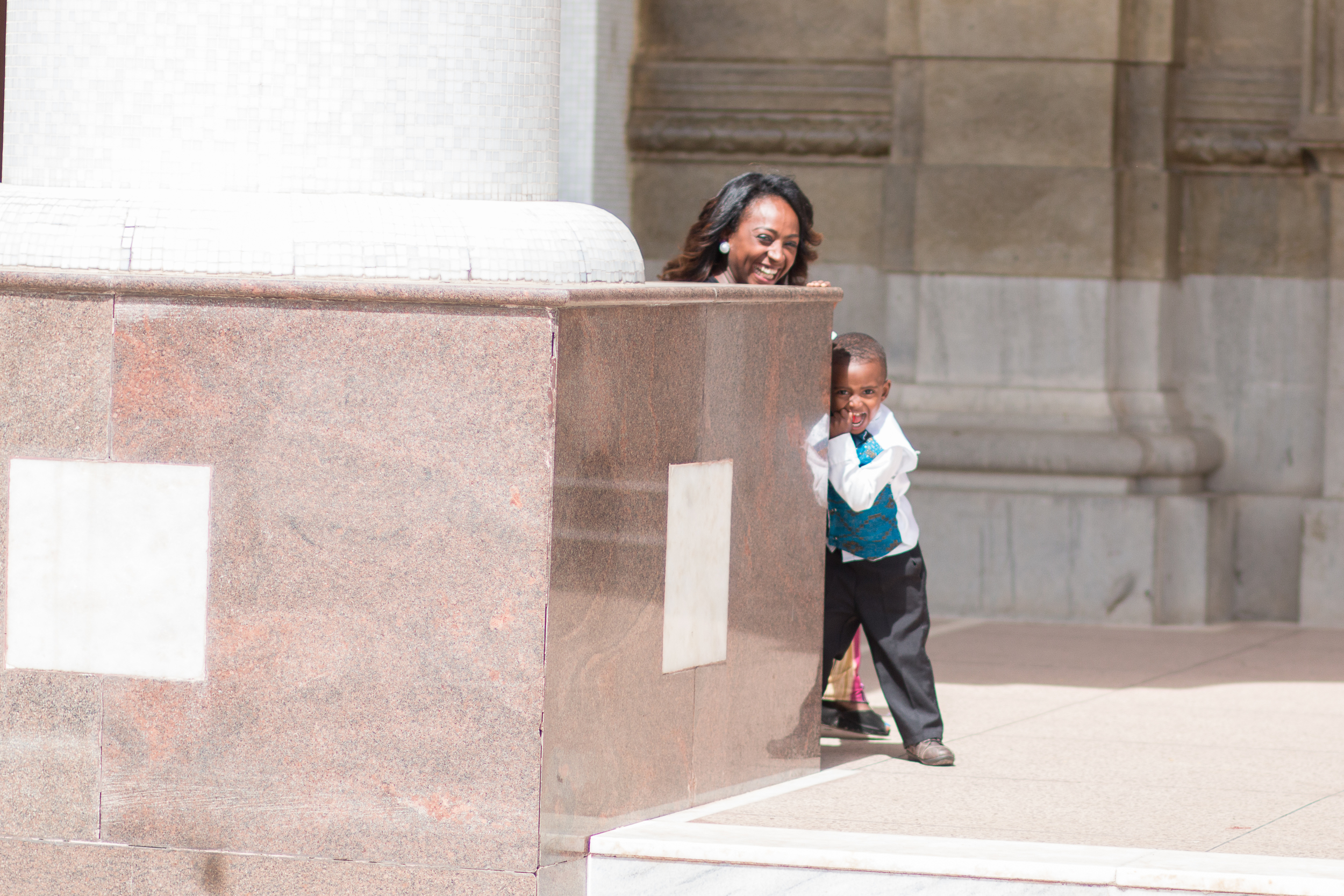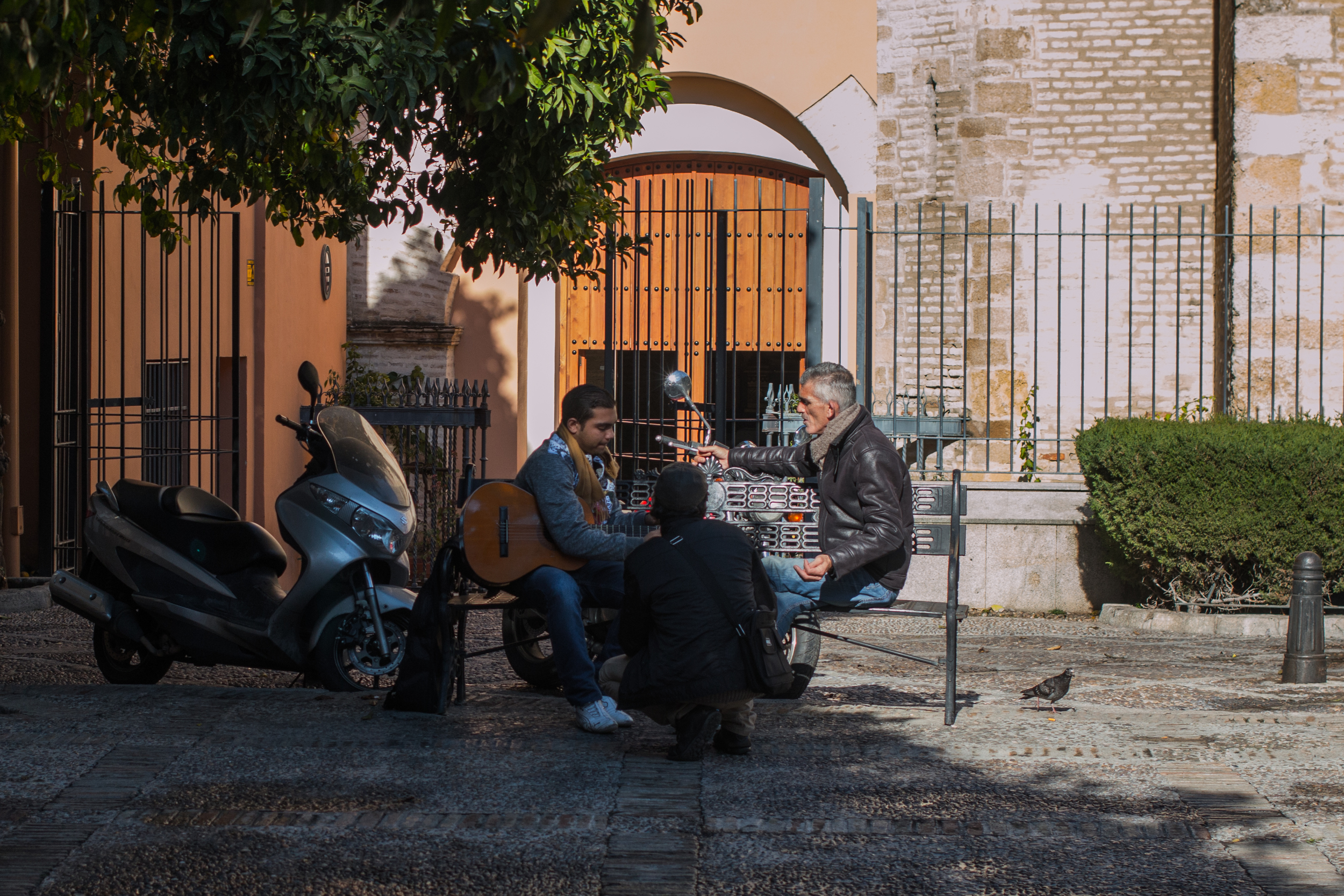This blog will be the outlet for tuning my writing ability, spreading my thoughts, ideas, and images. To write about life's twists and turns through the only way I know; my own experiences.
Our hands jet out and reach for the rotating leather ball. The errant pass ends with screams of pain. The older man is writhing side-to-side in pain & holding his knee. His son watches. I’m thrust back into the stagnant world of thought. I wipe the sweat from my forehead and help the slightly past middle-aged man to the lobby. “Probably his ACL” Larry tells me, a man of similar age. He gives a look of empathic pain, then drops it: “but really, he was going too hard, just really into it, you know?” I do, I know that feeling well. There are few things I enjoy more. It’s how I first learned to lose my thoughts, and do my best to return to the state of mind often. We stopped playing after the injury. Looking at my watch I realized the hour and half was gone. As typical in such experiences, sense of time was largely irrelevant.
There are many names for type of experience. Athletes call it being in the zone, meditators and eastern practitioners call it mindfulness, western researchers refer to the cognitive state of optimal experience, some just say flow. What fascinates me about flow is the wide swathe of activities people experience it through. In his seminal book, ‘Flow’ Mihaly Csikszentmihalyi interviews rock climbers, ballet dancers, drivers, janitors, painters, poets, and teachers who all relate to a very similar story. They dance their way out of time's ever present grip. Thought cannot be fed here. Leaving in its wake, a natural state, a byproduct of trust and action. More often than not, as Cziksz's research has shown, the result is a boost in productivity, creativity, happiness. It seems tremendously important to find out as much as we can about flow. Explore as much as we can to reveal how we may return to incorporating flow into our lives. I say return because this process is clearly a biological past time. Nearly all ways to enter flow require some basic human skills: coordination of hands and body parts, attentional focus, quick and creative action. Moreover, it would not surprise me to see flow as a central spark to many of the lengthy processes our species has developed to utilize the tools and skills critical to our success.
As I enter a phase of my life where career ideas come in and out of mind, it has become clear that my motivation is largely related to flow. That is, I hope to find work that readily places me into flow. To use different words, be a better thinker and creator, I must think less. Moreover, I want my work to bring other people into flow. I see now that my motivation to do academic research in education and neuroscience was a Polly Anna belief that educational reform could bring about more engage and flow-inducing classrooms.
But as I come to a understanding and sense of peace with leaving purely academic work after my PhD, it seems clear ever that flow will be central to whatever I do. There is certain romanticism I carry through many aspects of my life, a sense that good work and good relationships can be based in love, and not the ever-present fear sunk into the modern-man's skull. Many of the problems I’ve had, and I know many others also suffer from, can be traced to addictions of thought. Obsessions of past events or anxiety about future things yet to come. If you find yourself on a vertical rock wall 200 feet above the ground, let me know if you’re still thinking about that upcoming bill you have to pay or worried about that stupid thing you said to a colleague. Simply, there is no space for unhappiness when you completely present. This is an idea will be referring back to, but I’ve found it impossible to be anxious when I’m 'in the zone'.
Let's walk through another analogy. Think of a song you enjoy, imagine the words, the rhythm, and noises. Now let’s imagine worry and distraught exists in silence. When the music is playing, there there is no room for silence. The attentional state of flow is similar. Time bends and creativity pours, for you are not monitoring every action. Just as the music doesn't stop to reflect on it's harmony, flow allows us to just act on what we know and feel in that moment. Whether this occurs during a meditation retreat or a guitar solo in empty garage, the effect will be similar. Of course, this cannot be perpetuated continually, and that is not the point. Entering Flow is the refresh button we could use more of, a way to pause the problems and thoughts that will always be around. Flow is not about running away from what is wrong, but allowing yourself to act without the extra weight we may or may not realize we've picked up along the way.





